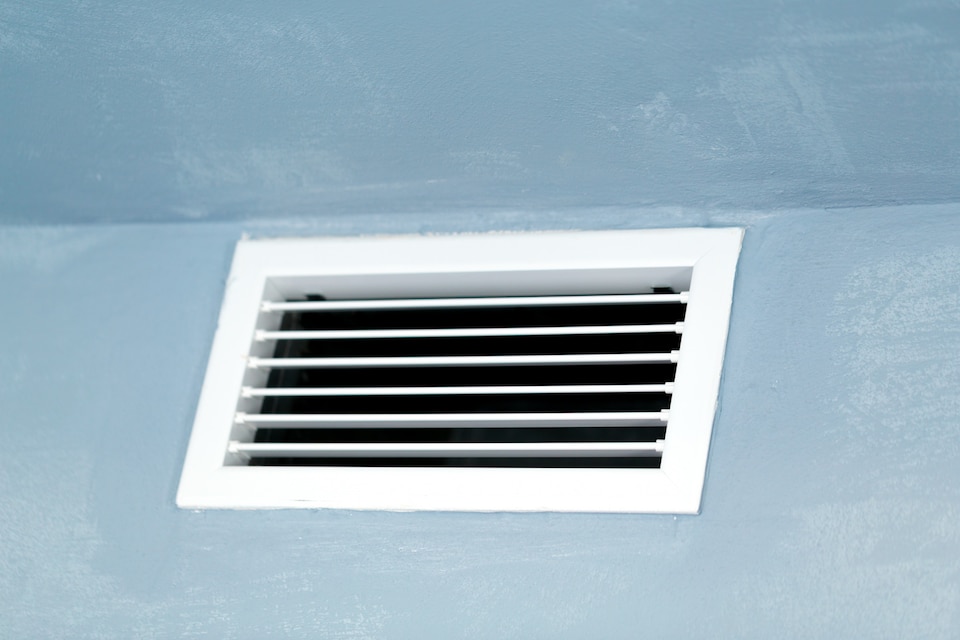Choosing the right air conditioning system for your Dallas home is a crucial decision that directly impacts your comfort, energy efficiency, and HVAC system’s lifespan. With several options available, selecting the most suitable AC installation for your home can be a daunting task. However, by familiarizing yourself with key factors like system type, efficiency ratings, and sizing, you can make an informed decision and invest in the ideal system that meets your unique needs and requirements.
Selecting the right AC installation involves careful consideration of various aspects, including your home’s size, layout, insulation, and climate, alongside your comfort preferences and budget constraints. Failure to address these factors may result in an ill-suited AC system, leading to suboptimal performance, higher energy consumption, and reduced overall satisfaction.
Explore the critical factors you should consider when selecting the right AC installation for your Dallas home. By understanding how these factors influence your system’s performance, maintenance costs, and energy efficiency, you can make an informed decision to ensure the perfect fit for your home and enjoy long-lasting comfort and efficiency.
Critical Factors to Consider When Choosing the Right AC Installation
Some essential factors to consider when selecting the right AC installation include:
1. System Type: Understand the different types of AC systems available, such as central air conditioning, ductless mini-splits, and heat pumps, and determine which one best fits your home’s requirements.
2. Energy Efficiency Ratings: Research and compare efficiency ratings, such as SEER (Seasonal Energy Efficiency Ratio), to ensure the system you choose offers optimal energy savings and performance.
3. Correct Sizing: Work with our HVAC professional to accurately size your AC system based on your home’s layout, size, insulation, and other factors that influence cooling requirements.
4. Budget and Warranty: Consider your budget constraints and opt for an AC installation that offers good value for money and robust warranty protection.
Comparing AC System Types for Your Dallas Home
To make the right air conditioning system choice for your home, it’s essential to understand the various system types available, their features, and how they differ in terms of efficiency, performance, and installation requirements.
1. Central Air Conditioning
Central air conditioning systems are the most common type of AC installation used in Dallas homes. They consist of an outdoor condensing unit and an indoor evaporator coil, connected via ductwork that distributes cooled air throughout the house. Central air conditioning systems offer even cooling, energy efficiency, and compatibility with various air quality devices. However, they might require extensive ductwork installation if your home does not currently have a compatible system.
2. Ductless Mini-Splits
Ductless mini-split air conditioning systems comprise individual indoor air handlers connected to an outdoor condenser unit. These systems do not require ductwork, making them ideal for homes with space constraints, additions, or rooms that require targeted cooling. Ductless mini-splits offer energy efficiency, design flexibility, and lower installation costs for retrofit and unique applications. However, they may be more expensive upfront when compared to traditional central air conditioning systems.
3. Heat Pumps
Heat pumps function as both an air conditioner and a heating system, providing year-round climate control for your Dallas home. They can be designed as either a ductless mini-split or a central system, depending on your home’s layout and requirements. Heat pumps are highly energy-efficient, particularly in milder climates, and offer the advantage of both cooling and heating capabilities in a single system. However, they might not be as effective in extreme cold conditions, requiring a supplemental heating source.
The Importance of Energy Efficiency Ratings
One of the most critical factors to consider when selecting an AC installation is the energy efficiency rating, which directly impacts your energy bills and overall system performance.
1. SEER: Seasonal Energy Efficiency Ratio
The Seasonal Energy Efficiency Ratio (SEER) rating measures the energy efficiency of an air conditioning system throughout the cooling season. A higher SEER rating indicates better energy efficiency, leading to lower energy consumption and reduced energy costs. When choosing the right AC installation for your home, aim for a system with a SEER rating of 14 or higher.
2. EER: Energy Efficiency Ratio
The Energy Efficiency Ratio (EER) is another important rating to consider, as it measures the energy efficiency of an AC system under specific, peak operating conditions. The higher the EER rating, the more energy-efficient the system will function during extreme temperatures. In Dallas, where temperatures can soar during summer months, selecting an AC system with a high EER rating is essential to ensure optimal performance and efficiency.
Sizing Your AC System for Optimal Performance
Proper sizing is paramount when selecting an AC installation for your home. An oversized system can result in excessive energy consumption, frequent cycling, and uneven cooling, while an undersized system may struggle to maintain comfortable temperatures during extreme heat.
Work with our HVAC professional to perform a load calculation based on factors such as your home’s size, layout, insulation levels, and orientation. An accurate load calculation will help determine the appropriate system capacity (measured in BTUs or tons) required to meet your home’s unique cooling needs.
Considering Budget and Warranty for Your AC Installation
Lastly, it’s essential to consider your budget constraints and warranty offerings when selecting the right AC installation for your Dallas home.
1. Budget Constraints
While higher-efficiency AC systems may come with a higher upfront cost, they often pay for themselves in the long run through reduced energy bills and a longer lifespan. Determine your budget for the AC installation and weigh the cost savings and performance benefits of various systems to select the best option for your home.
2. Warranty Protection
A robust warranty is crucial when investing in an AC installation, as it protects your investment and offers peace of mind should any issues arise. Be sure to compare the warranty offerings of different systems and work with our reputable HVAC professionals who provide reliable installation and support services.
Invest in the Right AC Installation for Your Dallas Home
By considering factors like system type, energy efficiency ratings, sizing, budget, and warranty, you can make an informed decision and invest in the right AC installation for your Dallas home. Choosing the best-suited air conditioning system ensures optimal performance, energy efficiency, and long-term comfort throughout the warm season.
Are you ready to select the perfect AC installation near Dallas? Contact us today, and let our experienced HVAC professionals at One Hour Heating & Air Conditioning guide you through the process, ensuring you make the right decision for your home’s unique needs and enjoy lasting comfort and efficiency!











